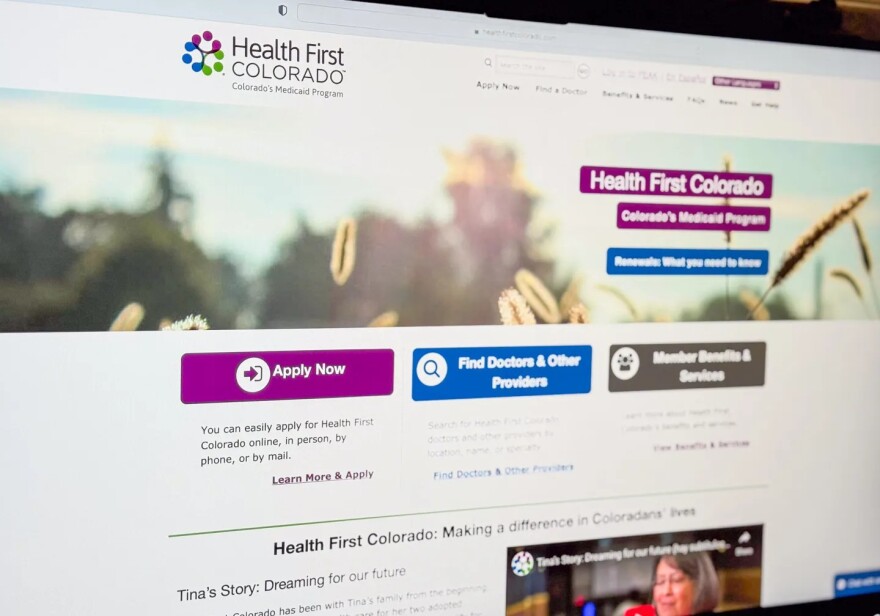Colorado lawmakers are stuck in a cycle of annual budget shortfalls of roughly $1 billion, predominantly caused by the skyrocketing cost of Medicaid.
That was the warning last week from the top nonpartisan staffer for the legislature’s Joint Budget Committee, which is tasked with drafting the state budget. JBC Staff Director Craig Harper called the trend “alarming.”
The shortfalls come from how much money lawmakers have to spend each year growing more slowly than the cost of maintaining existing state programs and services.
There was a $1.2 billion gap this fiscal year, which began July 1. The deficit is projected to be about $850 million next fiscal year. And in the following fiscal year 2027-28, Harper thinks it will be about $1 billion again.
“I’m starting to get a little bit of a ‘Groundhog Day’ feel, because it seems like each year, in each presentation, I come in and there’s a shortfall of about $1 billion to talk about,” Harper told the JBC on Wednesday.
Balancing the budget each year without cuts to the biggest line items — Medicaid, K-12 education and higher education — will only get harder the longer the cycle drags on.
To make the numbers work this fiscal year, the JBC adopted a number of one-time spending decisions, largely by tapping cash funds consisting of unspent tax and fee revenue.

“We knew collectively that the state was taking a lot of one-time measures in order to make it work for ’25-’26 with the intent of then moving and progressively addressing the structural issues,” Harper said. “Now, when we find ourselves back with a similar shortfall, that means we don’t have as many of those one-time tools available. The cash fund balances that the General Assembly transferred are no longer available.”





